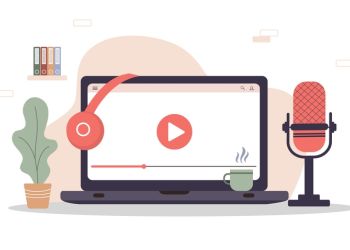With support from the Centers for Disease Control and Prevention (CDC) and in partnership with the University of Washington (UW), the National Association of County and City Health Officials (NACCHO) conducted a Learning Collaborative through which they provided funding, training, and technical assistance to seven syringe services programs (SSPs) to increase their capacity to implement point-in-time surveys (PiTS) and use and share PiTS data, including for program improvement.
Over the next few months, NACCHO will be highlighting success stories and lessons learned from several of the SSPs that participated in the PiTS Learning Collaborative. This week, we’d like to highlight North Carolina Survivors Union (NCSU). NCSU is “a community-led, statewide organization made up of people who are directly impacted by drug use.” They aim to improve the lives of those who have been targeted by the war on drugs by: 1) organizing, growing, and strengthening community-led grassroots groups; 2) educating, mobilizing, and advocating for policies and programs grounded in harm reduction, healing, and disability justice; and 3) providing direct services.
NACCHO has repeatedly heard from SSPs that data collection can be extremely time-consuming for both staff and participants. Participants often have to answer a long series of questions before accessing services and staff then have to enter, manage, analyze, and report the data. A point-in-time survey allows SSPs to collect data all at once (e.g., for a few weeks every year), reducing how much data they have to collect every time a participant comes in. This allows staff to have meaningful conversations with their clients, fostering communicative and productive relationships for staff and participants alike. In addition, the data collected from a point in time survey can be powerful – information from the survey can both equip SSPs to satisfy funder and stakeholder requirements and inform them about participants’ wants and needs, ultimately resulting in program and policy improvement.
“Our point in time survey empowered us to collect the most accurate and useful information about our participants that we have to date,” said an NCSU Representative. “We found the process to reduce the burden of routine data collection and have found tremendous benefit to our grant writing and reporting efforts.”

NCSU explained that this project helped them provide better services to people who use drugs (PWUD) by empowering them to gain a better understanding of their participants’ needs.
“We were able to identify gaps in our service provision among specific groups, as well as health behaviors that we were not providing services to support.”

They noted that the project strengthened their company’s data collection infrastructure.
When asked what lessons they learned from conducting this survey, they relayed two things:
- Ensure people with lived experience are leading every step of this process. We sought feedback on our survey throughout the development process to ensure questions were
culturally competent and non-traumatizing. Because of this, survey implementation was a breeze. - Work with your front-end staff to develop implementation methods that are low burden. Our front-end staff, ultimately the folks who collected the survey data, were vital to this project. We involved them in project planning to make sure that the actual implementation of the survey was feasible and non-intrusive to their ability to provide services while also collecting data.

We hope that North Carolina Survivors Union’s reflections resonate with you and your organization. For more information regarding NCSU, check out their website here.








